The Adaptive Physical Education Device (APED) project by Team 1676, initiated in 2012 with the collaboration of a professor from West Virginia University, showcases the extensive impact of robotics outside competitive settings. This inventive device allows non-ambulatory students to actively engage in physical education—simply pressing a large yellow button prompts the robot to kick a soccer ball, delighting all participants.
The project saw a significant advancement in October 2017 when the Pi-oneers delivered their first robot and observed its powerful effect on the students. This poignant experience inspired the team profoundly, solidifying student commitment to leveraging mechanical skills for the social benefit.
In July 2018, the team partnered with Brad Weiner, an Adaptive Physical Education teacher. Together, they propelled the project forward with significant fundraising and collaboration, dedicating over 750 man-hours to enhance the APED. This redesign focused on simplifying replication and distribution by other FIRST teams and educational institutions, complete with a detailed bill of materials and CAD files for each component.
In May of 2019, the second iteration of the robot was completed and showcased to the public. It now features advanced capabilities such as eye-motion control, expanding its accessibility to support a broader spectrum of disabilities.
The Pi-oneers take immense pride in the APED project, not just for its technical merits but for the immeasurable joy it brings to participants. This project serves as a continual reminder of the role that innovative technology can play in improving lives.
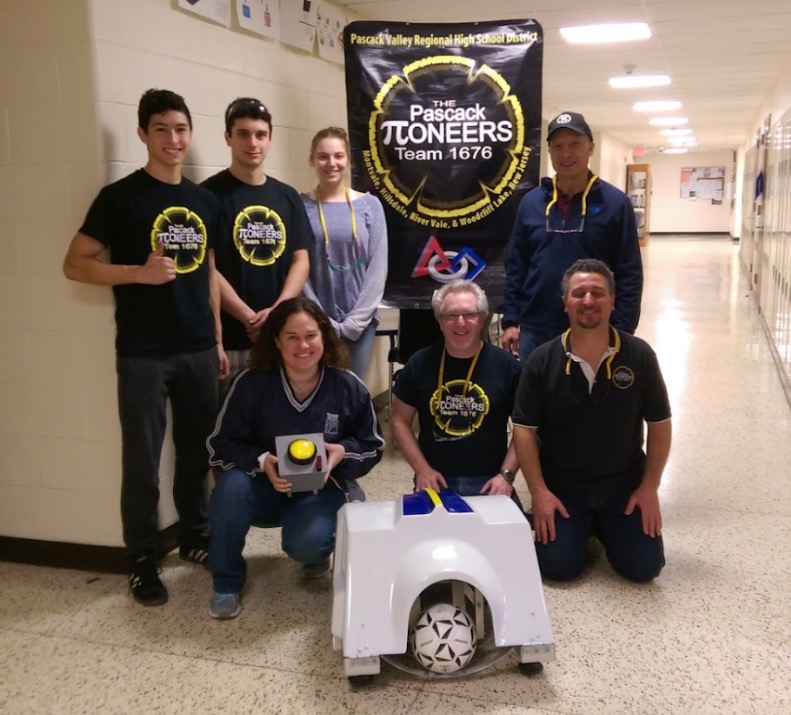
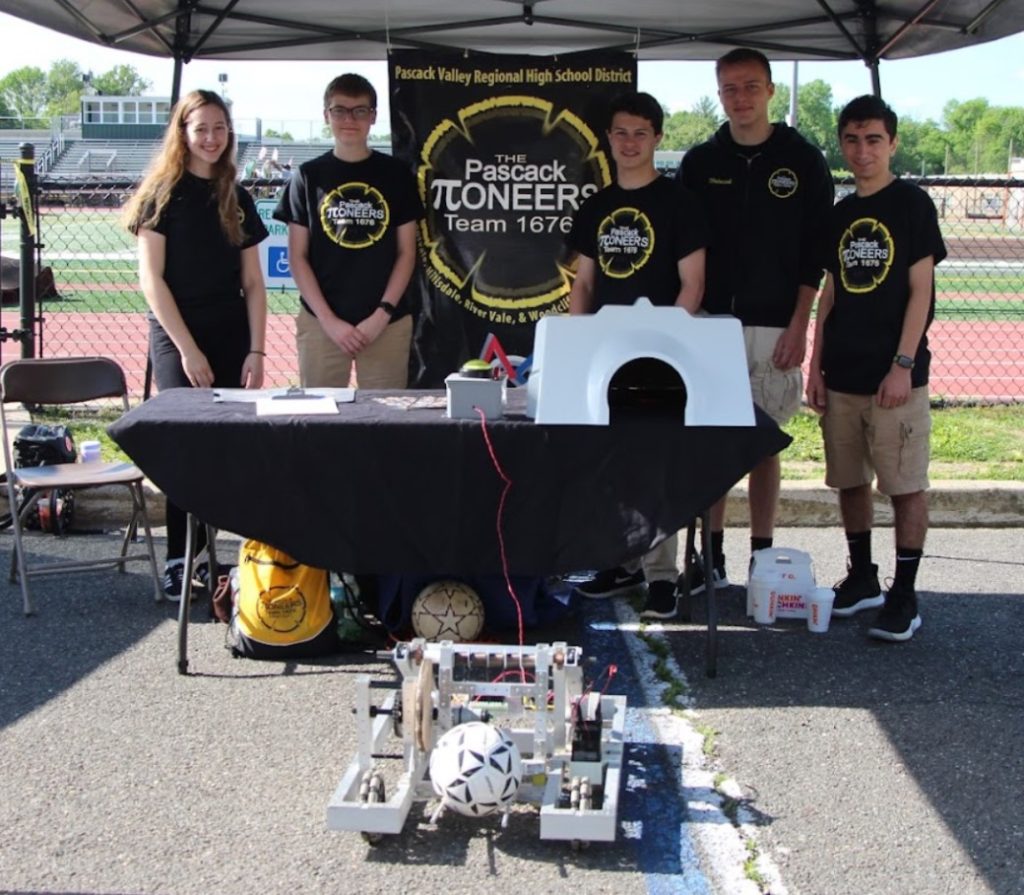
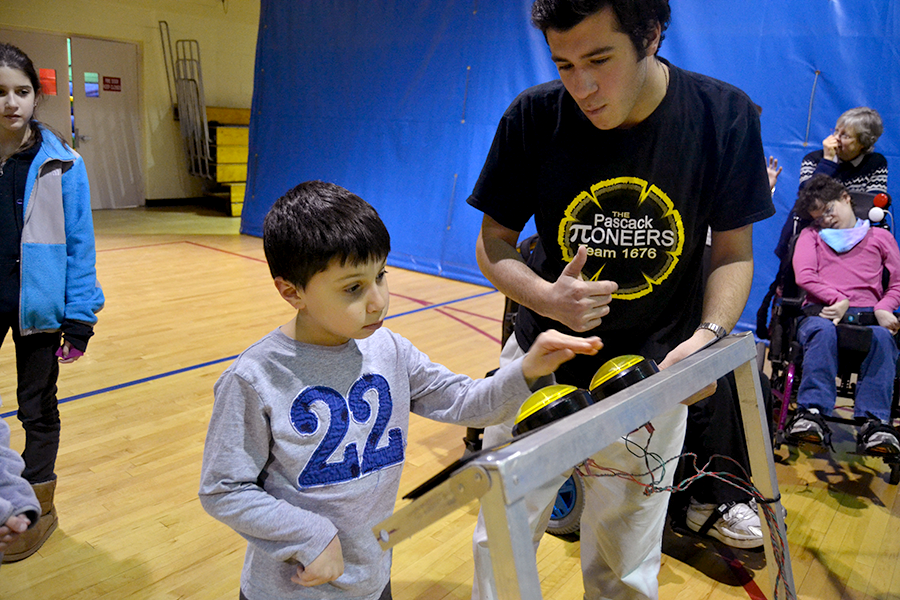
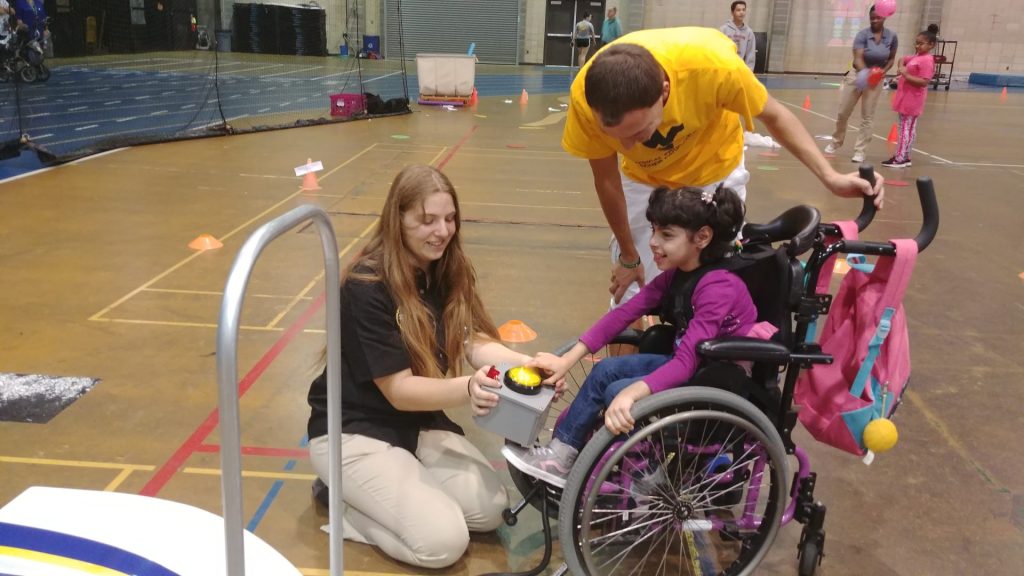
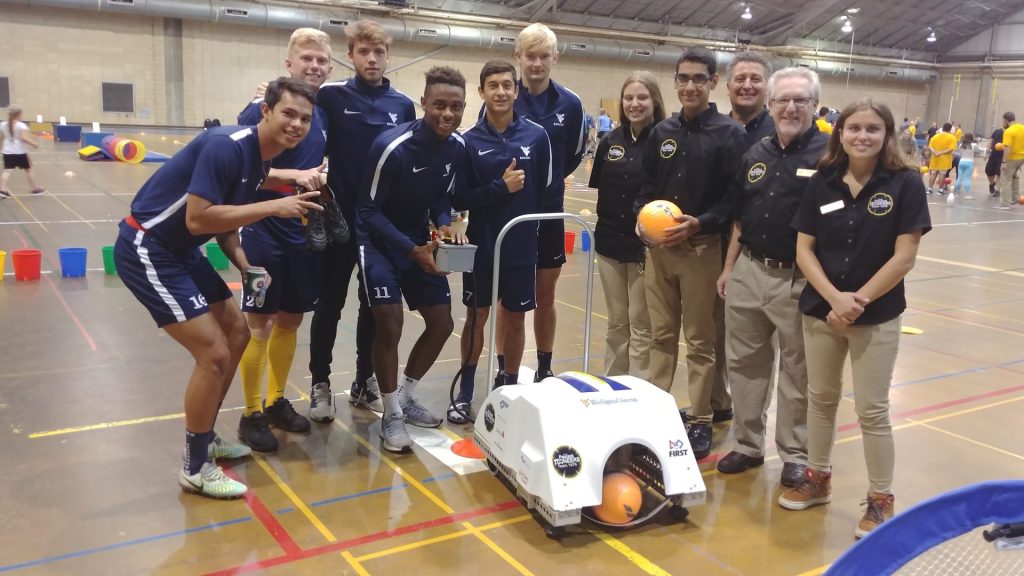

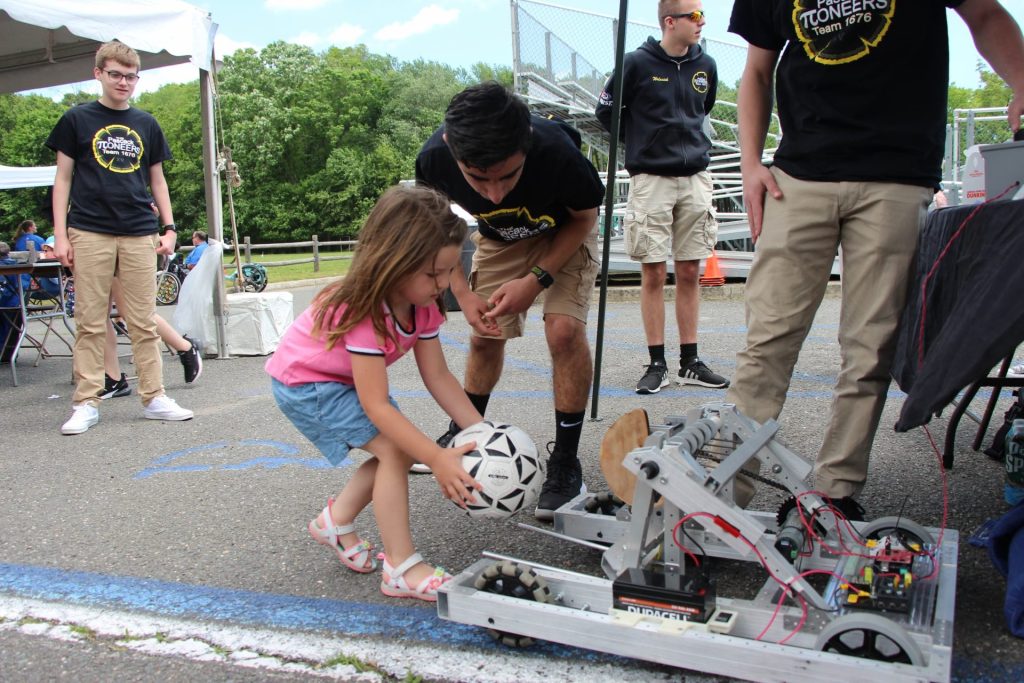

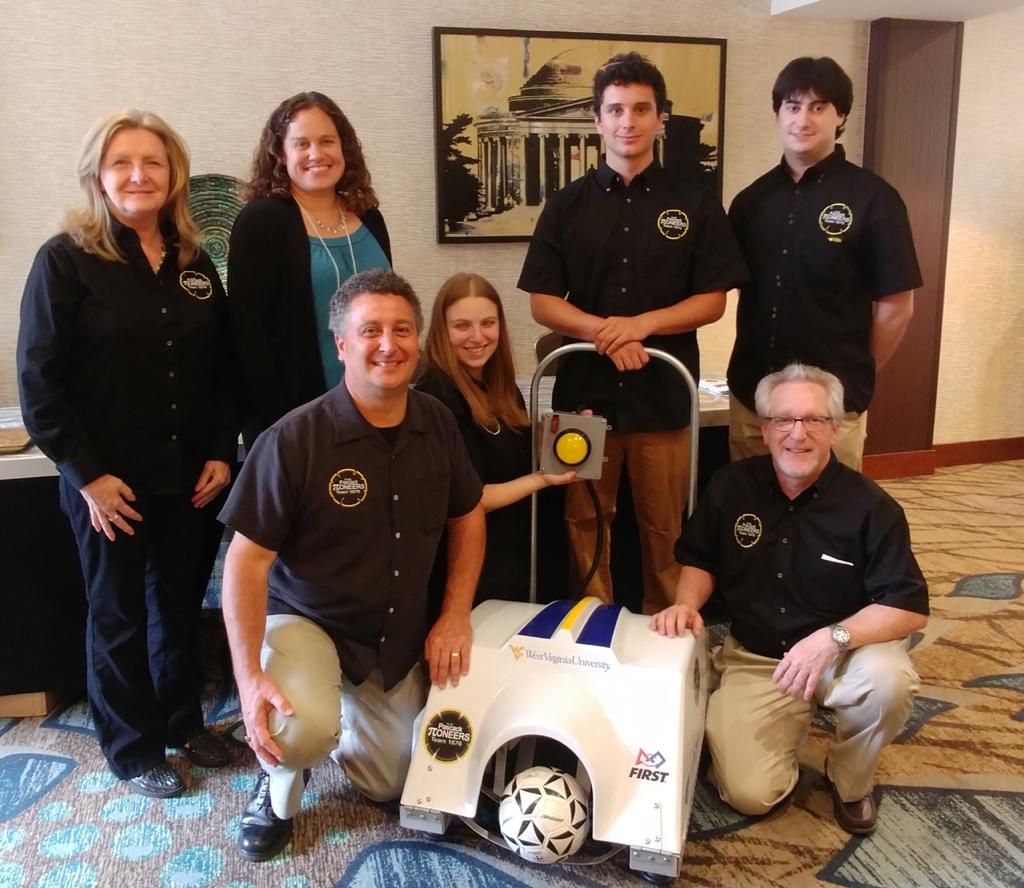
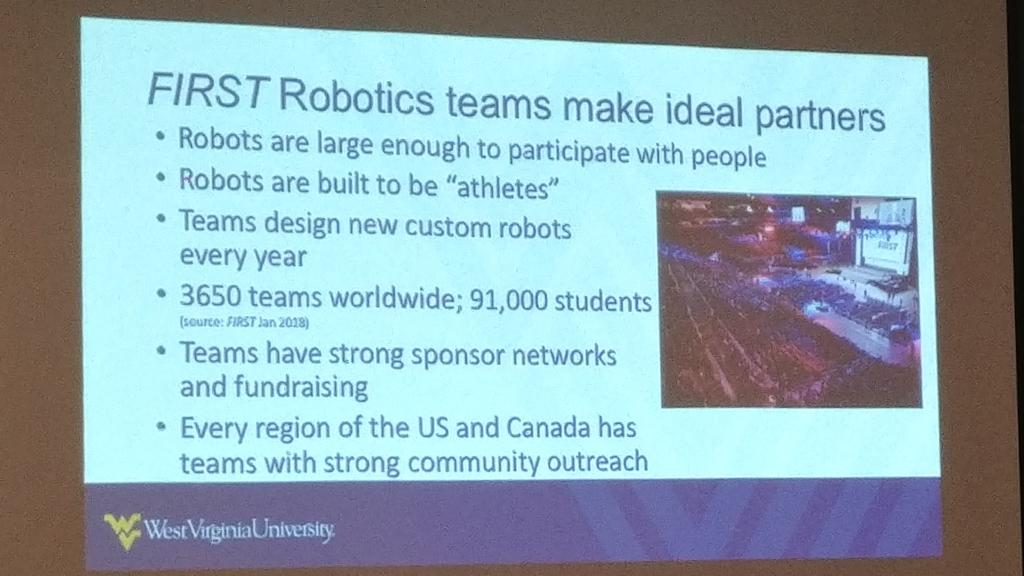


![Pascack Pi-oneers [Team 1676]](https://team1676.com/main/wp-content/uploads/2020/01/cropped-larrysTempWebLogoSmall_0_0_1-332x53.png)